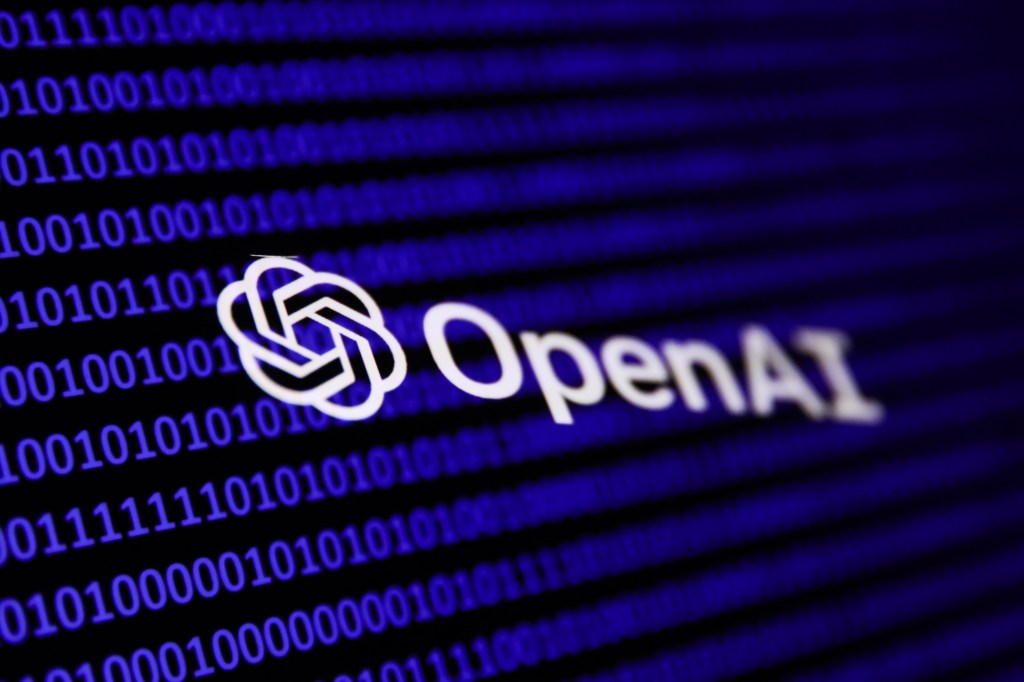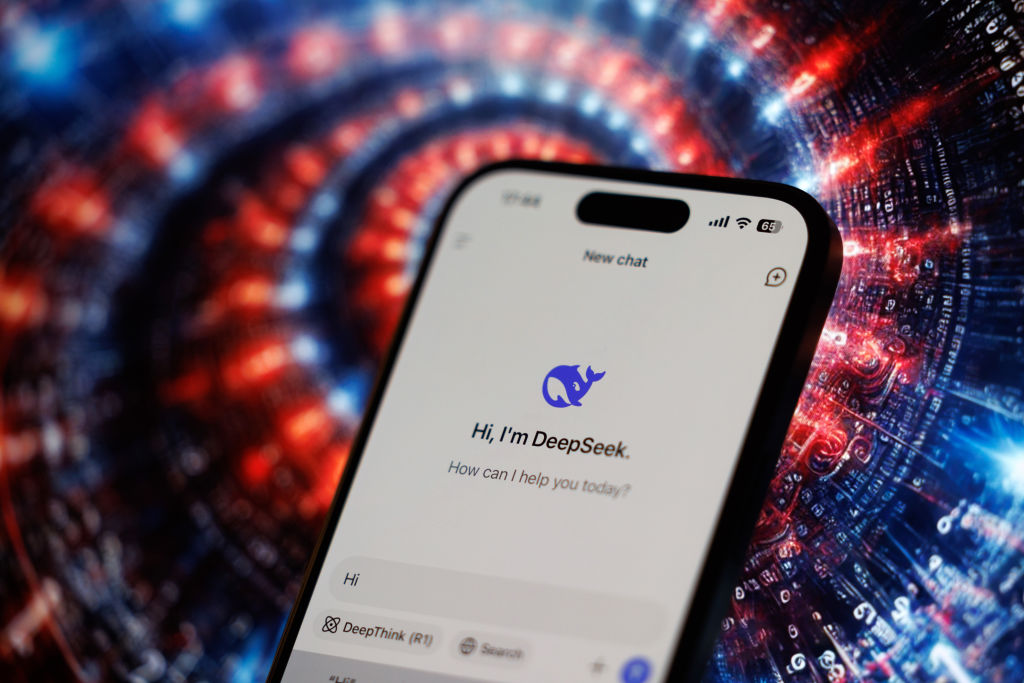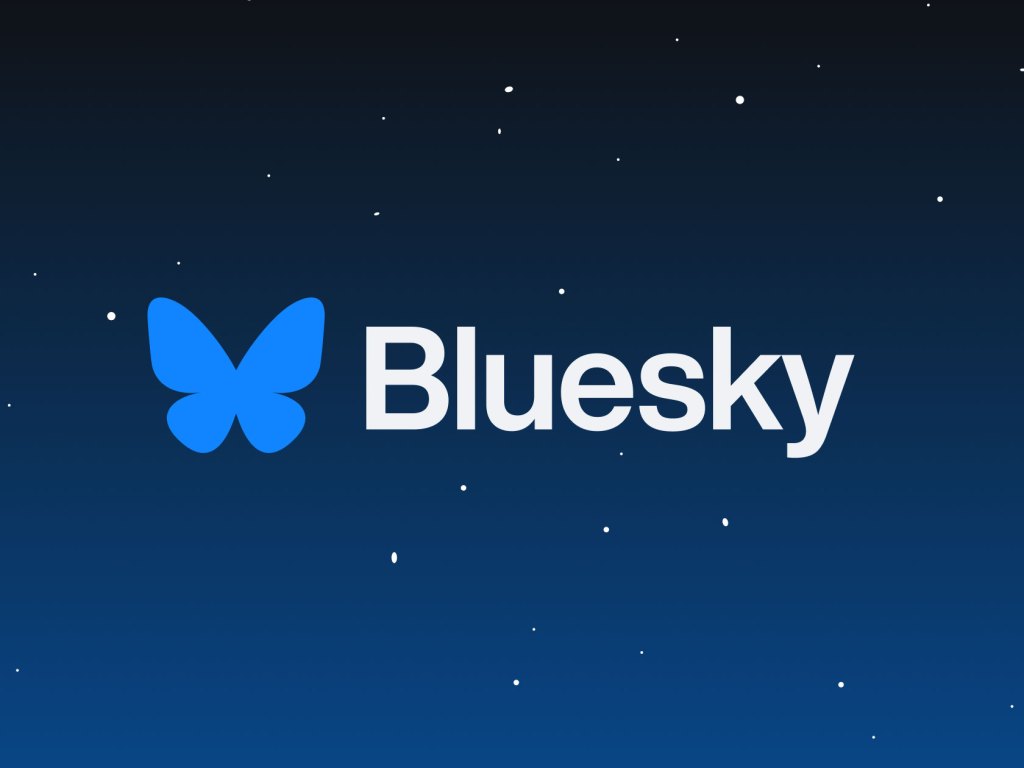In recent AI news, OpenAI has taken a significant leap forward leaving its top contenders behind. The tech powerhouse announced its recent venture, the Stargate Project, on Tuesday. In collaboration with partners like Oracle, SoftBank, and others, they plan to construct an AI infrastructure on American soil.
Stargate aims to attract a whopping $500 billion investment for AI data centers within the following four years. News that will likely dishearten competitors such as xAI, Elon Musk’s company, and Anthropic, as they lack a similar size infrastructure investment.
OpenAI’s new initiative hit the ground running with the construction of the first data center in Abilene, Texas. A significant promise of a $100 billion initial investment marks the promising momentum that Stargate Project and its backers have.
Despite the uncertainties, which surround tech infrastructure projects in the US, OpenAI remains a prominent figure in the AI segment boasting 300 million weekly active users and over 1 million businesses availing of its services. With Stargate, OpenAI could well be on its way to achieving infrastructural superiority in addition to its existing first-mover advantage.
Meanwhile in this week’s AI news:
Microsoft’s exclusivity with OpenAI ends giving it merely a “right of first refusal.”
AI-powered search engine, Perplexity launched an API service, Sonar, encouraging enterprise and developers to adopt AI search tools in their applications.
DeepSeek, a Chinese AI lab, has released an open version of its reasoning model, DeepSeek-R1, with performance on par with OpenAI’s o1 on AI benchmarks.
In the research spotlight, we have Microsoft’s AI-powered tools, MatterGen and MatterSim. They serve design advanced materials by predicting potential ones based on scientific principles and determine their stability.
Closing off with model of the week, Google’s Gemini 2.0 Flash Thinking Experimental, which offers improved performance in math, science, and multimodal reasoning benchmarks.
And finally, a look at AI project GameFactory. By training on Minecraft videos, the model can “generate” intricate interactive simulations.
Original source: Read the full article on TechCrunch



